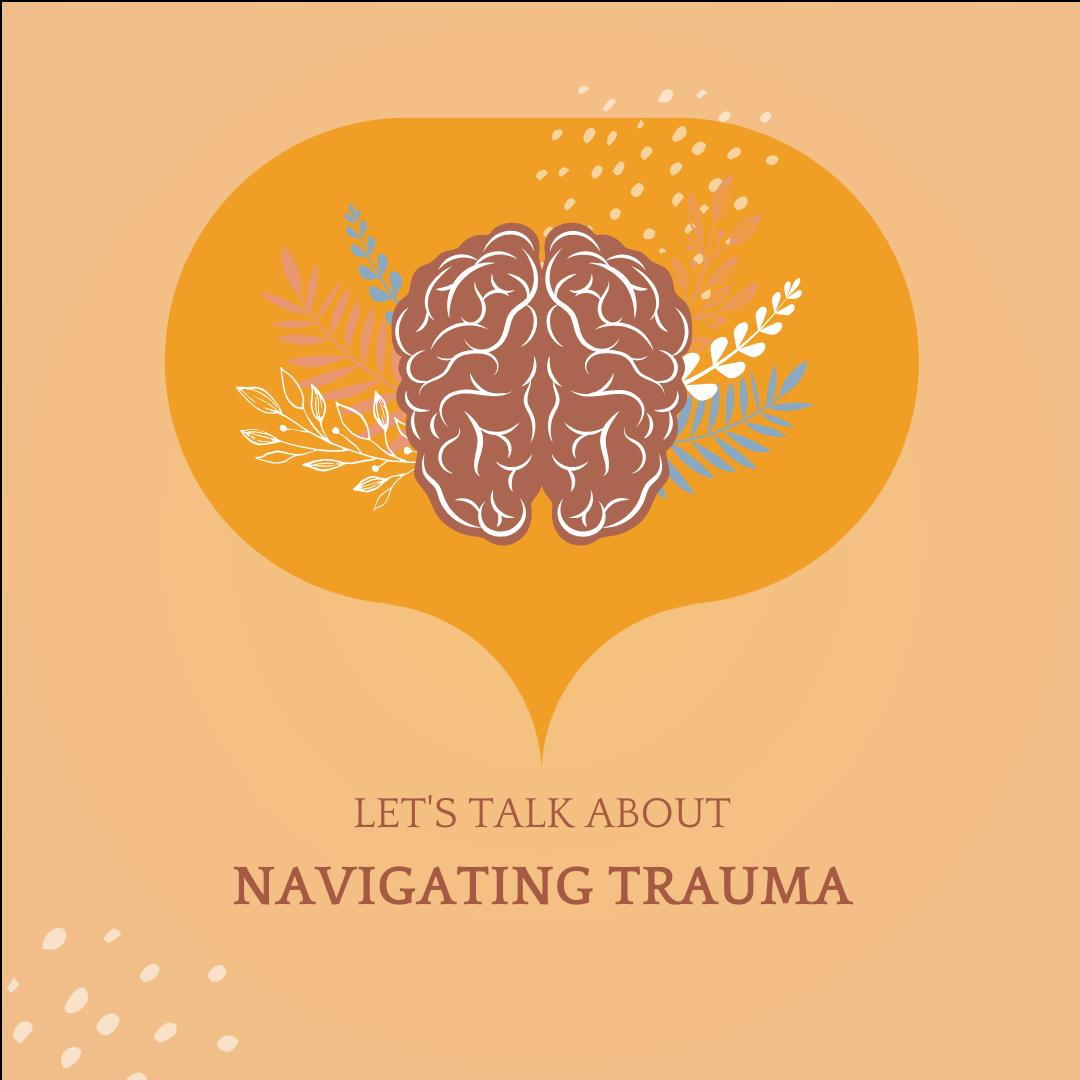
Trauma is an unwelcome visitor that can shatter our sense of security and leave us feeling overwhelmed and powerless. Whether it stems from a singular event or prolonged adversity, the effects of trauma can linger, affecting every aspect of our lives. However, amidst the darkness, there is hope. Healing from trauma is possible, and it often begins with acknowledging the pain and taking proactive steps towards recovery.
Here are some strategies to help you navigate through trauma and embark on a journey of healing and growth:
Seek Support: You don't have to face trauma alone. Reach out to trusted friends, family members, or mental health professionals who can offer support and understanding. Connecting with others who have experienced similar struggles can also provide a sense of solidarity and validation.
Practice Self-Compassion: Be gentle with yourself as you navigate through the healing process. Understand that healing takes time and it's okay to not be okay. Practice self-care activities that nourish your mind, body, and soul, whether it's meditation, journaling, spending time in nature, or engaging in hobbies you enjoy.
Therapy and Counseling: Consider seeking therapy or counseling to work through the trauma with a trained professional. Therapy can provide a safe space to explore your emotions, process painful memories, and learn coping skills to manage distressing symptoms.
Educate Yourself: Understanding the nature of trauma and its effects can empower you on your healing journey. Educate yourself about trauma-informed care, coping strategies, and resources available to support survivors. Knowledge is power, and arming yourself with information can help you make informed decisions about your healing process.
Practice Mindfulness: Cultivate mindfulness practices to ground yourself in the present moment and soothe your nervous system. Mindfulness techniques such as deep breathing, meditation, and body scans can help alleviate anxiety and bring a sense of calm amidst the chaos.
Set Boundaries: Establishing healthy boundaries is crucial for protecting your emotional well-being. Learn to recognize your limits and communicate them assertively with others. Surround yourself with people who respect your boundaries and support your healing journey.
Engage in Positive Coping Mechanisms: Instead of turning to harmful coping mechanisms such as substance abuse or self-harm, seek out healthier alternatives. Engage in activities that bring you joy and fulfillment, whether it's exercise, creative expression, volunteering, or spending time with loved ones.
Remember, healing from trauma is a journey, not a destination. Be patient with yourself and celebrate small victories along the way. With time, support, and self-compassion, you can emerge from the shadows of trauma and reclaim your strength and resilience. You are not defined by your past experiences.
